The MoEDAL experiment has narrowed the search window for magnetic monopoles, which have a magnetic charge.
The latest searches conducted by the MoEDAL experiment shrink the theoretical arenas in which the hunt for magnetic monopoles can continue.
The latest searches conducted by the MoEDAL experiment shrink the theoretical arenas in which the hunt for magnetic monopoles can continue, according to the European Council for Nuclear Research in their latest scanning of the trapping volumes. But it set bounds on the mass and production rate of these particles for different values of particle spin, an intrinsic form of angular momentum.
According to CERN, the MoEDAL team in its second latest study concentrated on the search for monopoles produced via the Schwinger mechanism in heavy-ion collision data taken during Run 1 of the LHC.The team scanned a decommissioned section of the CMS experiment beam pipe, instead of the MoEDAL detector’s trapping volumes, in search of trapped monopoles.
United States Latest News, United States Headlines
Similar News:You can also read news stories similar to this one that we have collected from other news sources.
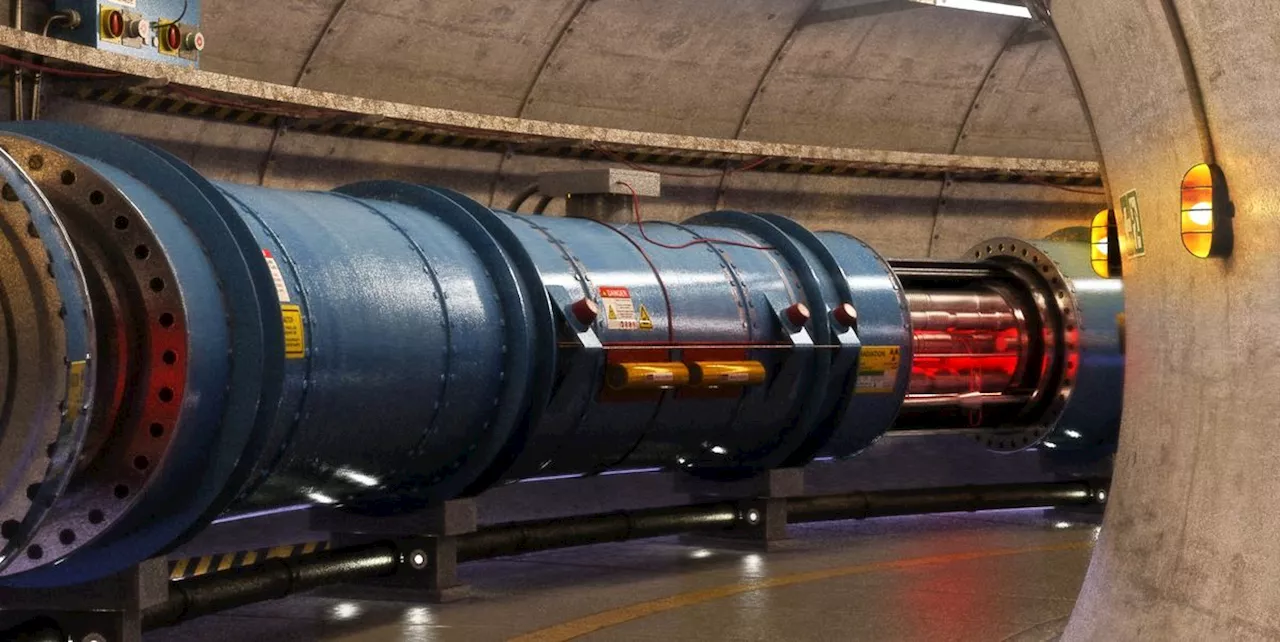 Physicists Found the Ghost Haunting the World’s Most Famous Particle AcceleratorAn invisible force has long eluded detection within the halls of the world’s most famous particle accelerator—until now.
Physicists Found the Ghost Haunting the World’s Most Famous Particle AcceleratorAn invisible force has long eluded detection within the halls of the world’s most famous particle accelerator—until now.
Read more »
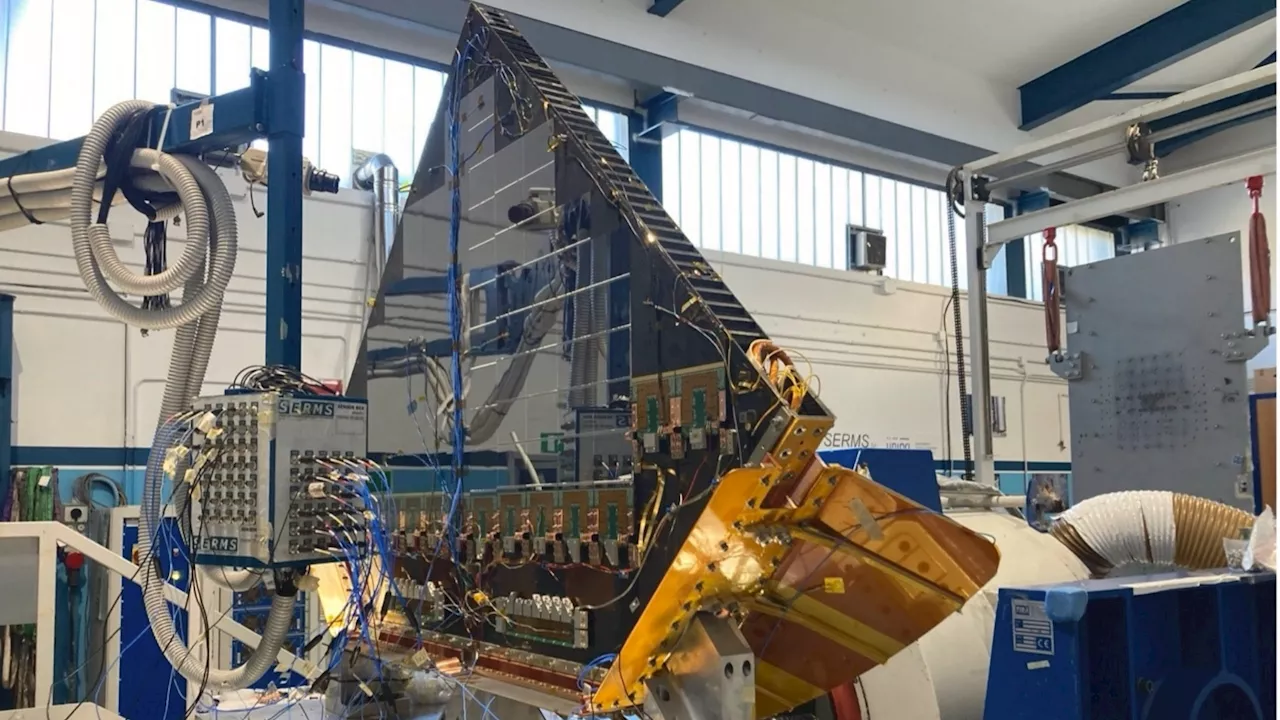 NASA particle detector that netted 200 billion cosmic rays gets 300% boostInternational space station-based particle detector has found certain unusual signs, the origins of which are unknown to experts.
NASA particle detector that netted 200 billion cosmic rays gets 300% boostInternational space station-based particle detector has found certain unusual signs, the origins of which are unknown to experts.
Read more »
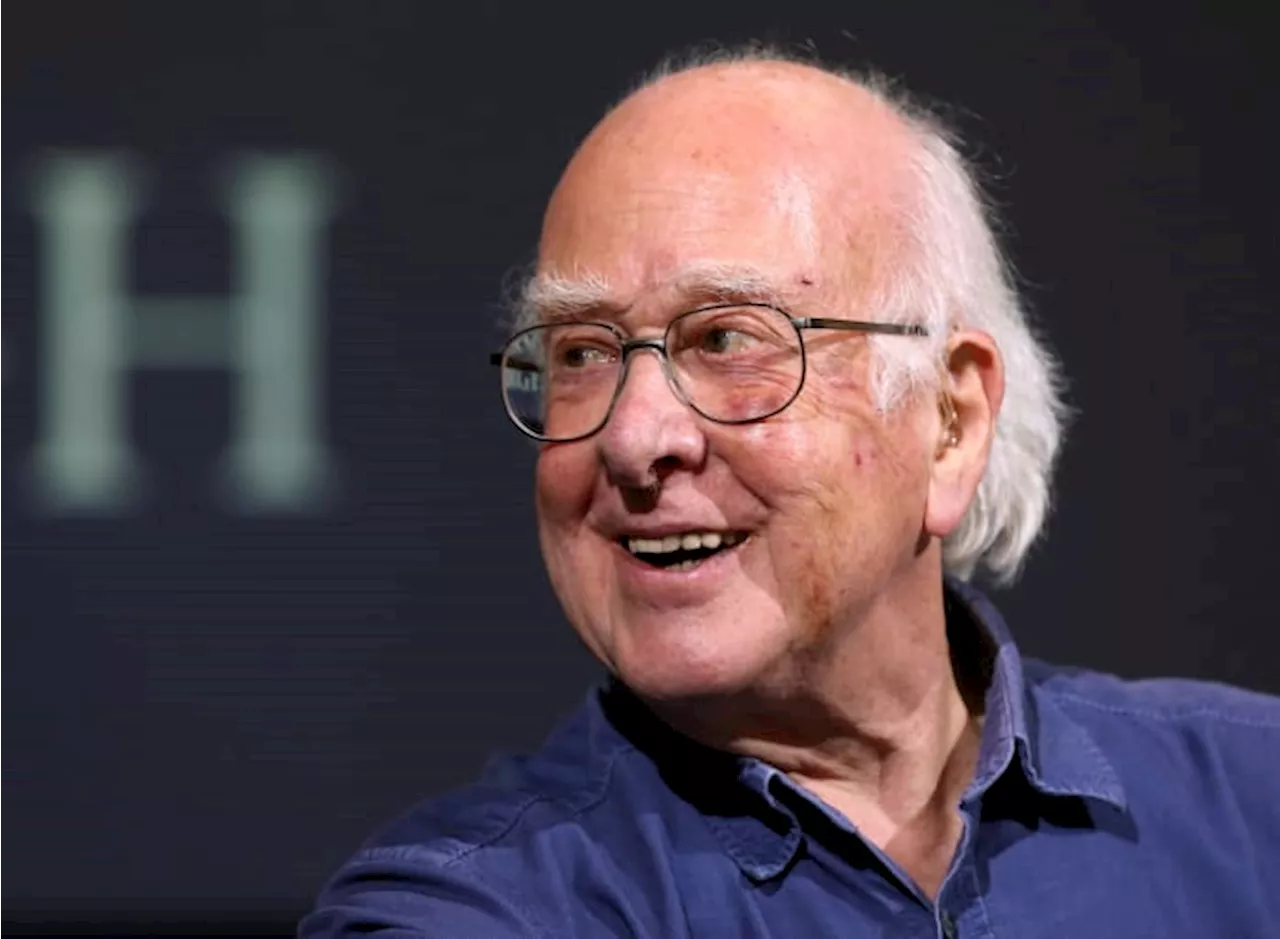 Peter Higgs, who proposed existence of Higgs boson particle, has died at 94, university saysThe University of Edinburgh says Nobel prize-winning physicist Peter Higgs, who proposed the existence of the Higgs boson particle, has died at 94.
Peter Higgs, who proposed existence of Higgs boson particle, has died at 94, university saysThe University of Edinburgh says Nobel prize-winning physicist Peter Higgs, who proposed the existence of the Higgs boson particle, has died at 94.
Read more »
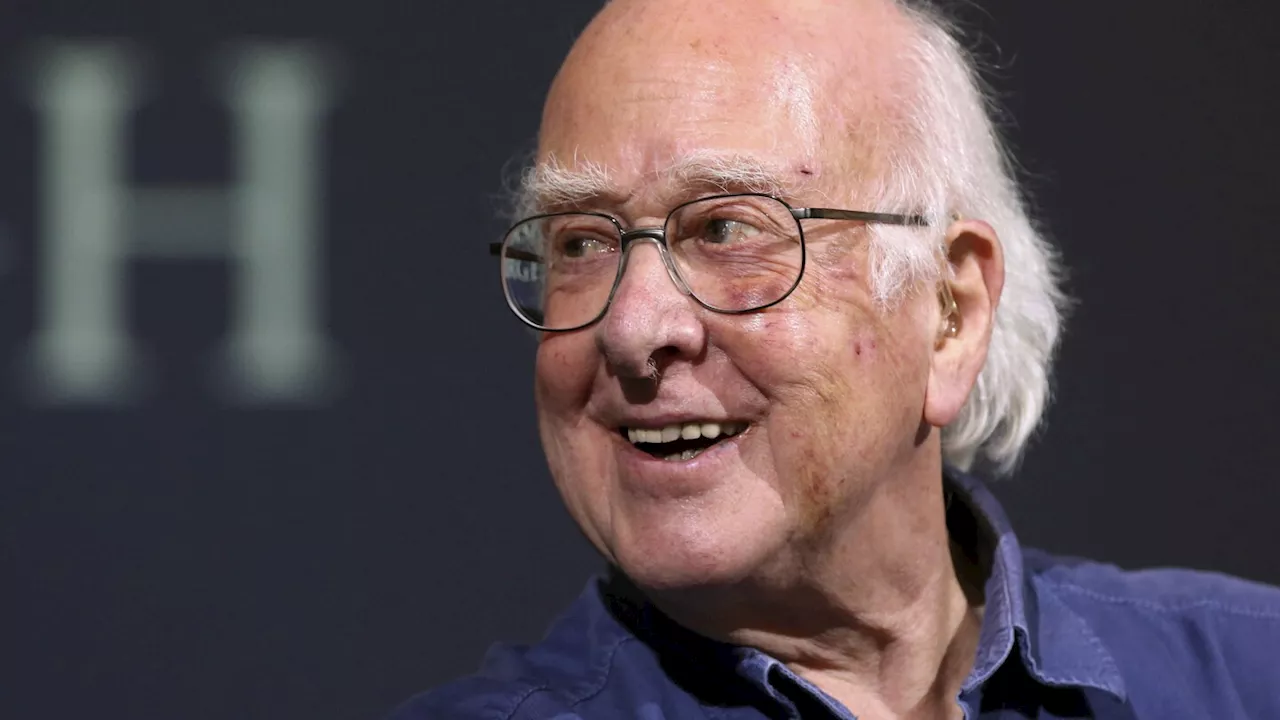 Peter Higgs, who proposed existence of Higgs boson particle, dies at 94The University of Edinburgh says Nobel prize-winning physicist Peter Higgs, who proposed the existence of the Higgs boson particle, has died at 94. Higgs predicted the existence of a new particle — the so-called Higgs boson — in 1964. But it would be almost 50 years before the particle’s existence could be confirmed at the Large Hadron Collider.
Peter Higgs, who proposed existence of Higgs boson particle, dies at 94The University of Edinburgh says Nobel prize-winning physicist Peter Higgs, who proposed the existence of the Higgs boson particle, has died at 94. Higgs predicted the existence of a new particle — the so-called Higgs boson — in 1964. But it would be almost 50 years before the particle’s existence could be confirmed at the Large Hadron Collider.
Read more »
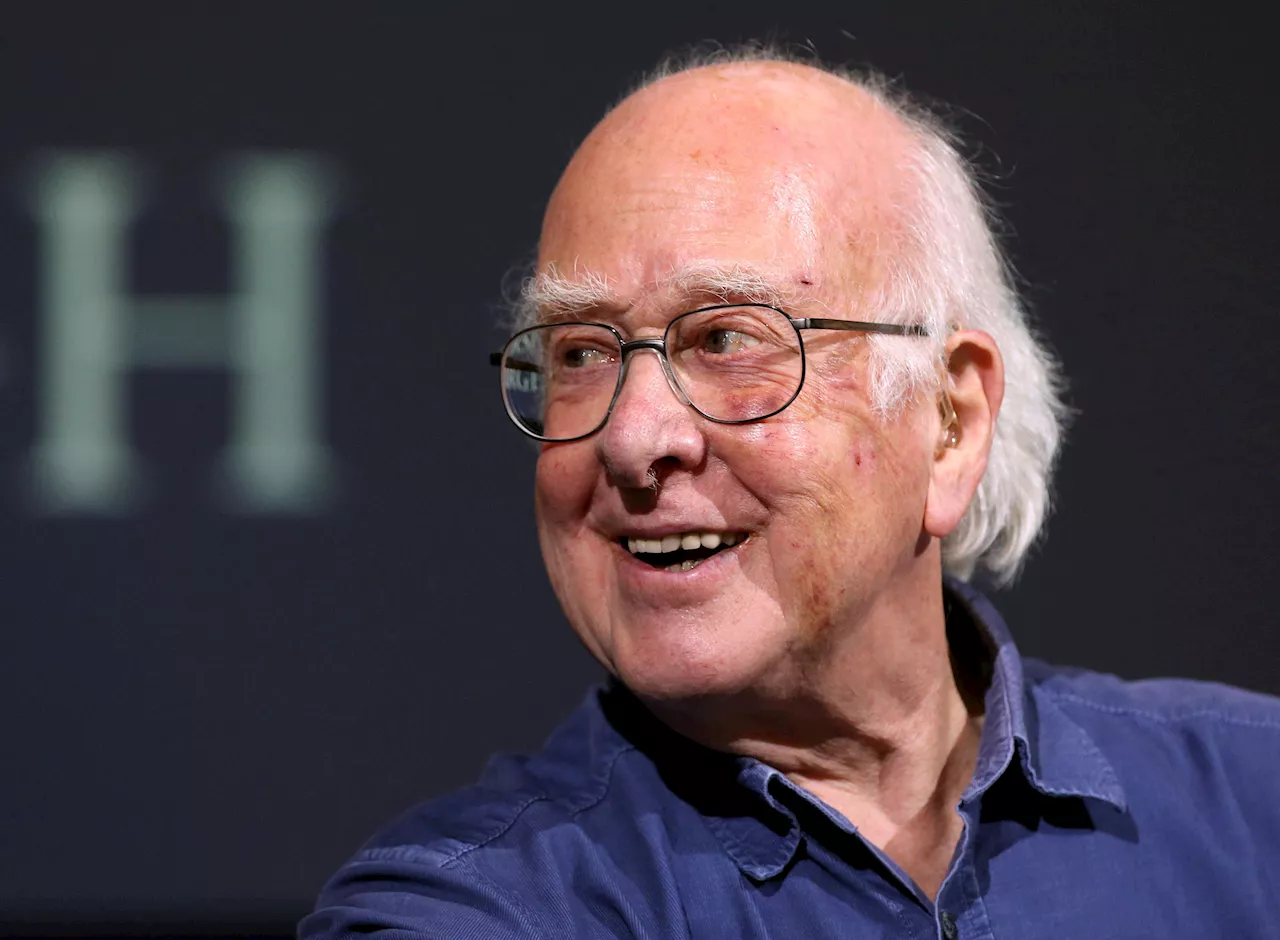 Peter Higgs, who proposed existence of Higgs boson particle, has died at 94, university saysPeter Higgs’ work helps solve one of the most fundamental riddles of the universe: how the Big Bang created something out of nothing 13.7 billion years ago
Peter Higgs, who proposed existence of Higgs boson particle, has died at 94, university saysPeter Higgs’ work helps solve one of the most fundamental riddles of the universe: how the Big Bang created something out of nothing 13.7 billion years ago
Read more »
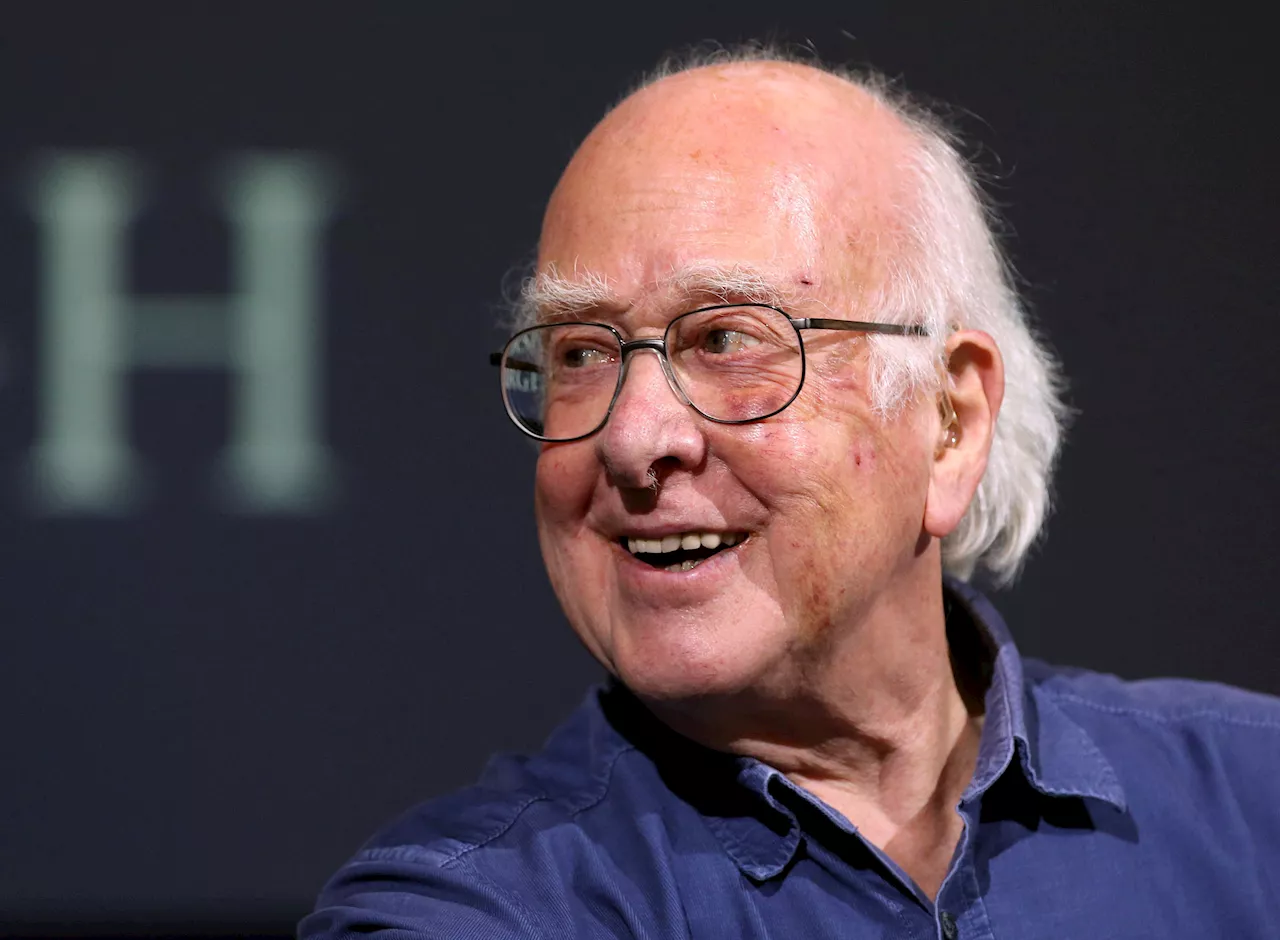 Peter Higgs, who proposed the existence of the ‘God particle' has died at 94Peter Higgs’ work helps solve one of the most fundamental riddles of the universe: how the Big Bang created something out of nothing 13.7 billion years ago
Peter Higgs, who proposed the existence of the ‘God particle' has died at 94Peter Higgs’ work helps solve one of the most fundamental riddles of the universe: how the Big Bang created something out of nothing 13.7 billion years ago
Read more »
